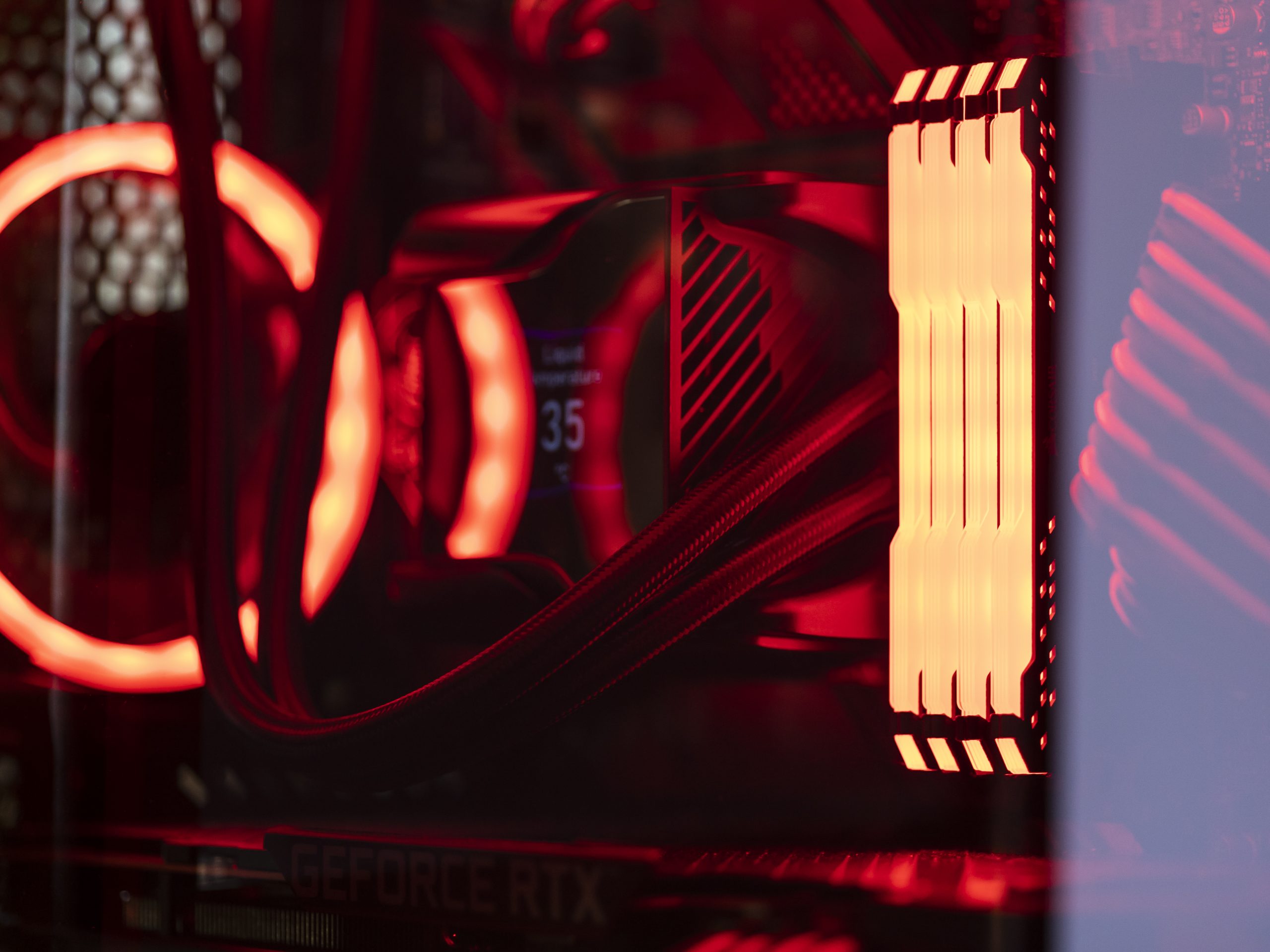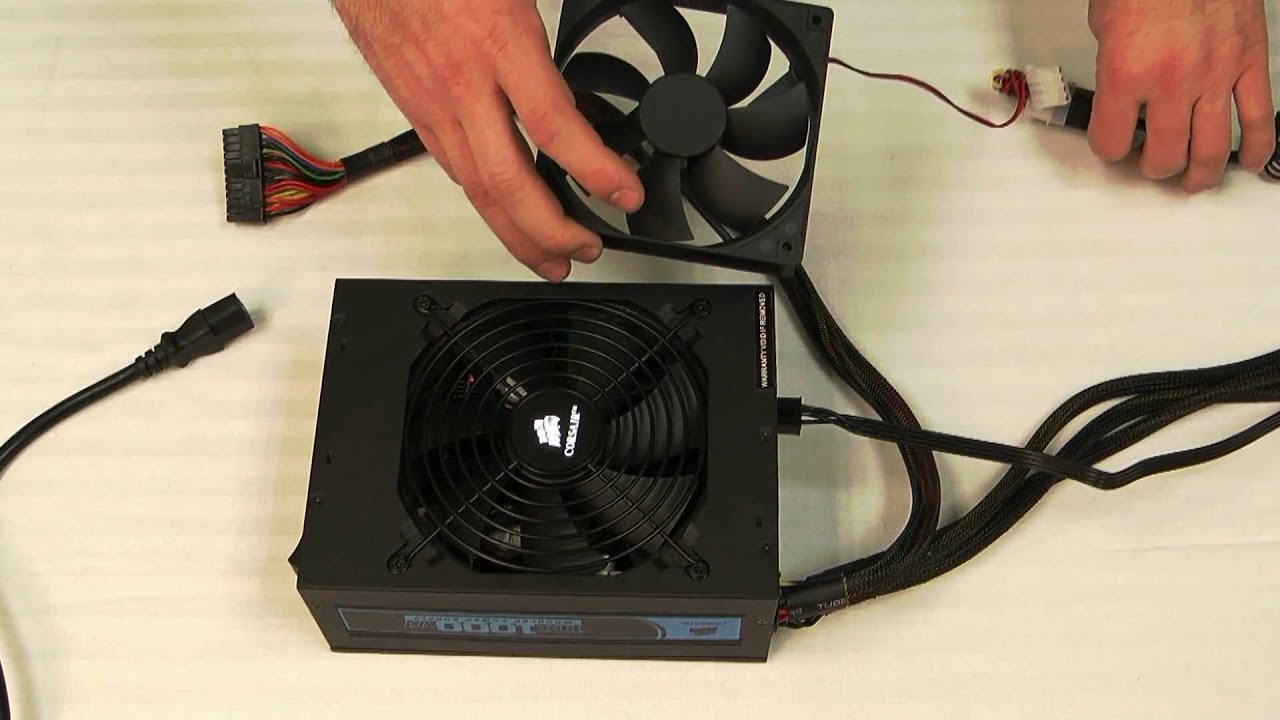In the world of PC building, a powerful and efficient CPU cooler is an indispensable component, particularly for those aiming to construct high-performance systems. However, the extensive variety of CPU coolers available on the market presents a challenge: not all coolers are created equal and their compatibility with your specific hardware components and budget is crucial.
The compatibility of a CPU cooler hinges on a complex interplay of factors, including your motherboard, CPU, case and the arrangement of other hardware elements. Before investing in a CPU cooler, it’s essential to undertake a comprehensive assessment of it’s compatibility with these vital components. This article aims to guide you through the process of determining CPU cooler compatibility, ensuring that you select the optimal cooling solution for your PC.
Understanding the Significance of Compatibility
While browsing specifications and aesthetics are essential aspects of choosing a CPU cooler, overlooking compatibility can lead to headaches down the line. Compatibility isn’t solely about fitment; it also affects the performance and longevity of your components. A compatible CPU cooler ensures that heat dissipation is efficient and that the cooler won’t obstruct other critical components.
Exploring Compatibility
Online Compatibility Check
Many reputable CPU cooler manufacturers recognize the importance of compatibility and offer online platforms on their official websites. These platforms enable users to seamlessly verify the compatibility of their cooler choices with various motherboards, CPUs, RAM modules and cases. By inputting your hardware specifications, you can quickly identify CPU coolers that are tailored to your setup.
Additional Resources:
- Beyond manufacturer platforms, online forums, videos and third-party websites often provide insights and user experiences regarding compatibility.
- Engaging with these resources can expand your knowledge and guide you toward well-matched CPU cooler options.
Manual Compatibility Verification
While online tools are convenient, manually verifying compatibility offers a more comprehensive understanding of how different components interact.
CPU Socket Type/Size:
- The foundation of compatibility lies in the CPU socket size supported by your motherboard.
- Intel and AMD CPUs use different socket sizes, requiring attention to detail during cooler selection.
- While most modern coolers support both CPU types, it’s essential to confirm compatibility to avoid any surprises.
CPU TDP Rating:
- Thermal Design Power(TDP) indicates the amount of heat generated by a CPU during operation.
- Matching your cooler’s cooling capacity TDP with your CPU’s TDP is crucial.
- High-end CPUs with substantial TDPs necessitate coolers with robust cooling capabilities.
Case Clearance:
- Air coolers require adequate clearance within your PC case.
- Refer to your case’s specifications for maximum CPU cooler clearance.
- Ensuring compatibility prevents complications during installation.
Radiator Placement for AIO Coolers:
AIO(All-In-One) liquid coolers involve the positioning of radiators within the case.
Verify radiator dimensions and your case’s fan slots to ensure compatibility.
Some cases explicitly outline radiator support, simplifying the decision-making process.
Optimal clearance for AIO pipes is essential to prevent potential leaks.
RAM Clearance:
RAM clearance is particularly relevant for air coolers, as they can obstruct RAM slots.
Factors to consider include RAM height, cooler dimensions and RAM slot configuration.
Choosing coolers that allow easy RAM insertion and removal ensures convenience.
Motherboard Layout Considerations:
The arrangement of components near the CPU must be considered to prevent obstruction.
Components like chipset heatsinks, graphics cards, VRMs, I/O ports and M.2 SSDs need unimpeded access.
Comparing your motherboard’s layout with the cooler’s dimensions is essential to ensure compatibility.
Practical Example
Imagine you’re building a high-end gaming rig with an Intel Core i9 CPU and an ATX motherboard. You’re eyeing an AIO liquid cooler due to it’s sleek aesthetics and efficient cooling capabilities. By consulting your motherboard’s specifications, you determine that it supports an LGA 1200 CPU socket. Armed with this knowledge, you search for AIO coolers compatible with LGA 1200 sockets, verifying radiator dimensions to ensure it fits within your case’s specifications.
Conclusion
Selecting the right CPU cooler transcends aesthetics and raw performance; compatibility plays a pivotal role in ensuring a successful PC build. Through online compatibility tools, manual verification and a clear understanding of key parameters, you can confidently choose a CPU cooler that seamlessly integrates with your motherboard, CPU, case and other hardware components. By prioritizing compatibility, you’ll not only enjoy optimal cooling performance but also contribute to the longevity and efficiency of your entire system. Remember, while compatibility might seem like a technical pursuit, it ultimately translates into a smoother and more satisfying PC-building experience.
Experiencing difficulties with your Device, check out our “How To” page on how to resolve some of these issues.





